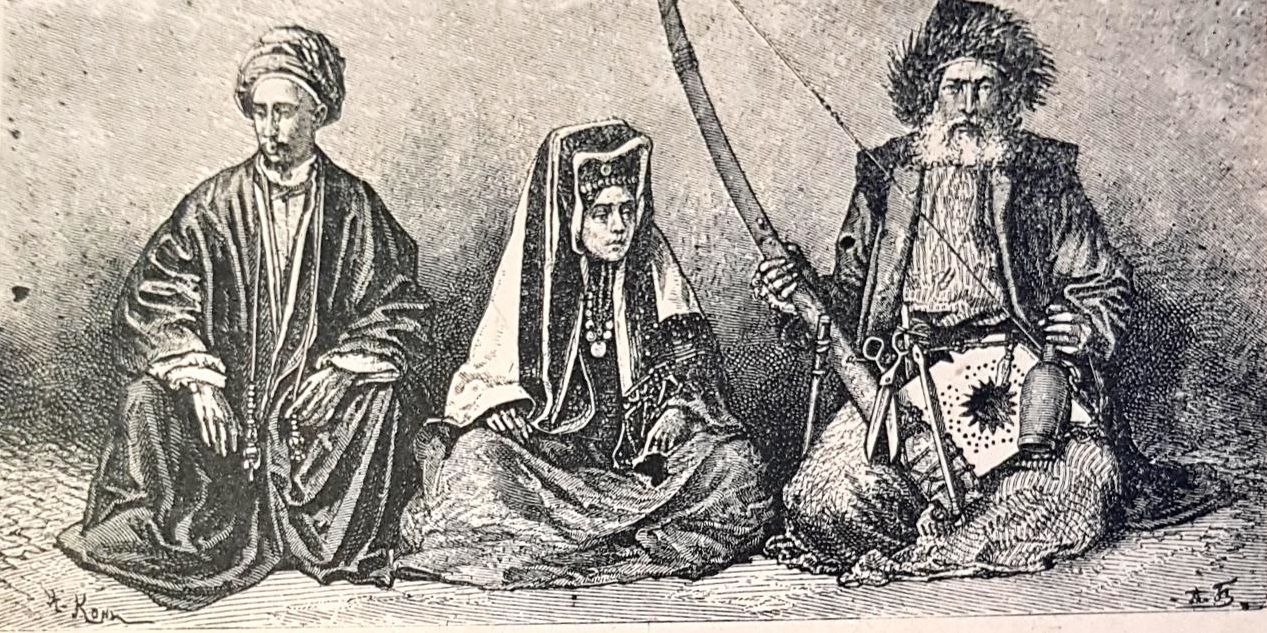
Jews from Lebanon made essential contributions to the country’s diversity and culture. Their ancestors originated from various regions, including the Jewish Kingdom from the time of King David. They established communities primarily in Beirut, where a small Jewish population remains today. Passages from the Torah suggest that wood from trees in southern Lebanon was used when building Solomon’s temple.
Historians note that Jewish settlements first appeared in Baalbeck in 922, Tyr in 1170, and Saida in 1522.
By the start of the 20th century, Jewish influence could be felt in the area. Two Jewish newspapers were founded: “Al Alam Israeli” (The Israeli World), and “Le Commerce du Levant” (Business News in the Levantine Region). These outlets appeared sometime during the French Mandate period and continued through independence.
The Jewish community even played a role in the movement for Lebanon’s independence, which Lebanon gained from France in 1943. For the Jewish community, Lebanon was an essential part of their heritage.
Unlike other parts of the Middle East, which expelled their Jewish citizens after Israel declared independence in 1948, Lebanon’s Jewish population increased after exile from Iraq and Syria. However, the war that followed triggered the start of Jewish immigration from Lebanon.
Like the rest of the Middle East, Jewish life in Lebanon was never stable, but roughly 7,000 Jews lived in Beirut in the mid-1950s, most of whom fled in 1967.
Beirut’s Jewish quarter was at the center of the Muslim-Christian Civil War, which lasted between 1975-1976.
As a result, Jewish homes, businesses, and synagogues were destroyed, and most of the remaining population, roughly 1,800 at the time, fled to the US, Canada, and France.
In the following decade, Hezbollah, a Lebanese Shia Islamist political party and terror group, kidnapped several well-known Jews from Beirut. They were leaders of the small remaining Jewish community. Four were later discovered murdered.
Jewish community expert Nagi Georges Zeidan stated, “Since they kidnapped nine Jews in 1985, executed them, and their burial place… [wasn’t] known, every Jew in Lebanon began to fear for their fate.”
Nearly all Jews that remain in Lebanon are in Beirut. Since the 1990s, the political climate has made it difficult for Jews to practice Judaism freely, and many hide their Jewish identity.
An elderly Shiite woman tends to the neglected Jewish cemetery in Beirut. The gravestones inscribed in French and Hebrew are a reminder of a once vibrant Jewish community in Lebanon. As of 2020, it is estimated that less than 30 Jews are living in the country.
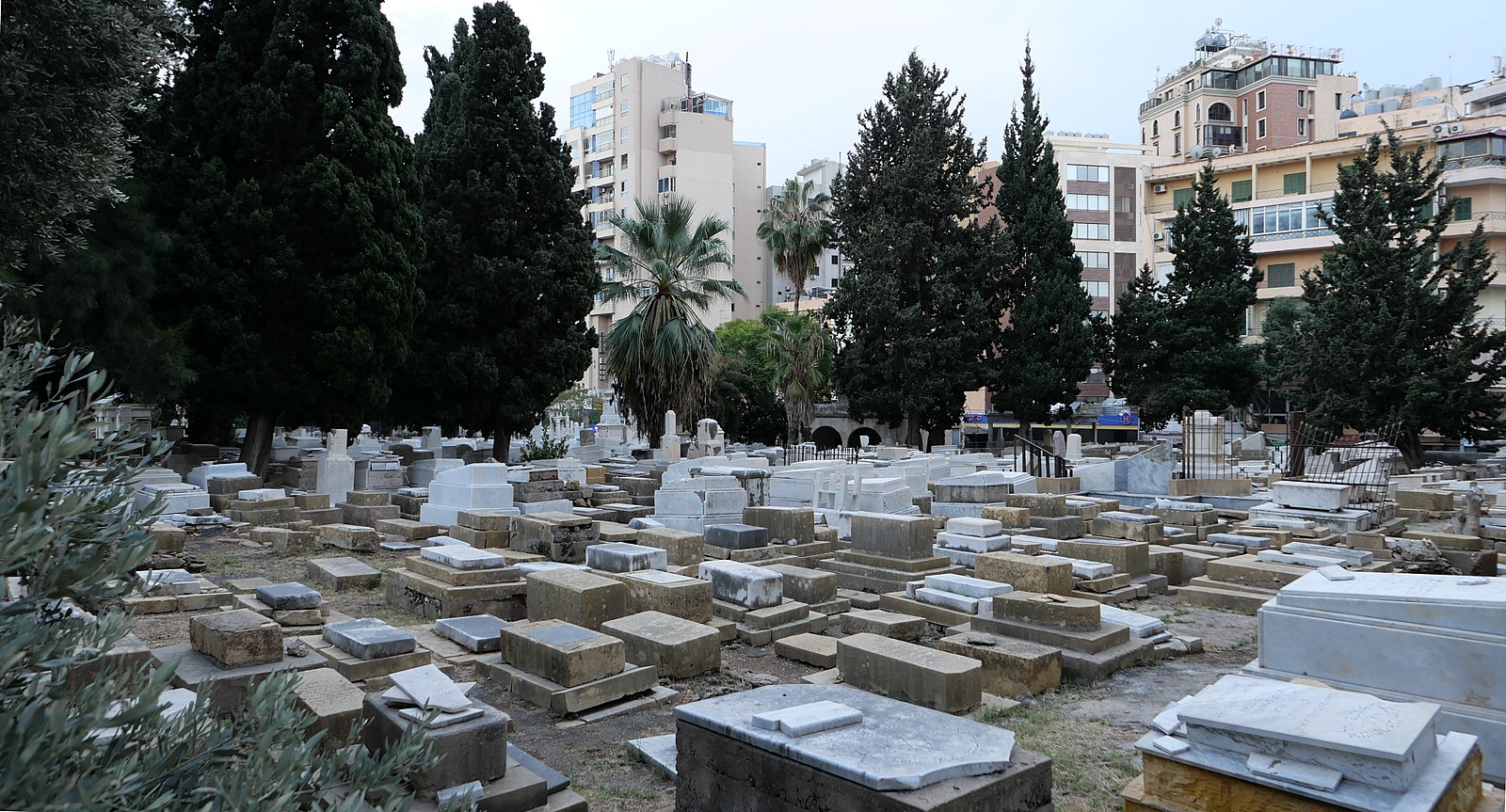
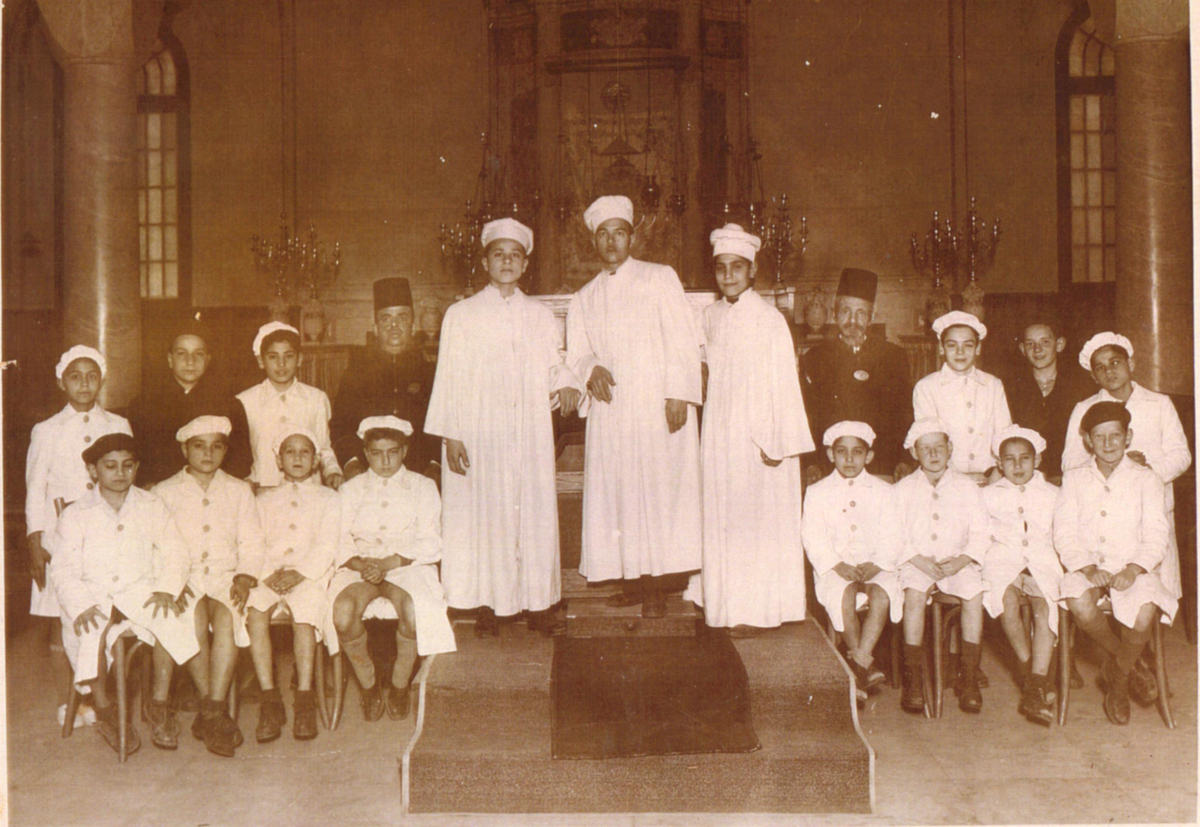
On Sept. 13, 2021, Israeli Prime Minister Naftali Bennett met with Egyptian President Abdel Fattah
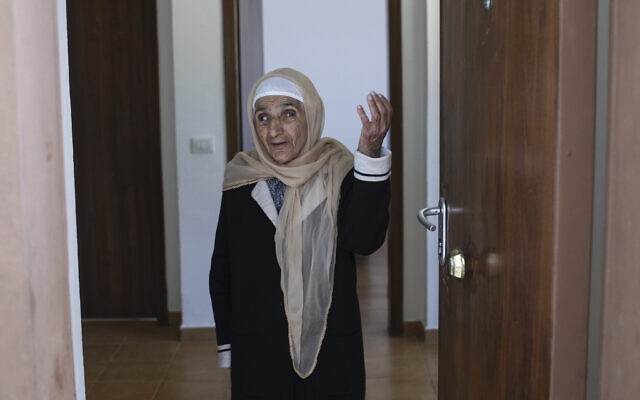
AP — For years, Zebulon Simentov branded himself as the “last Jew of Afghanistan,” the
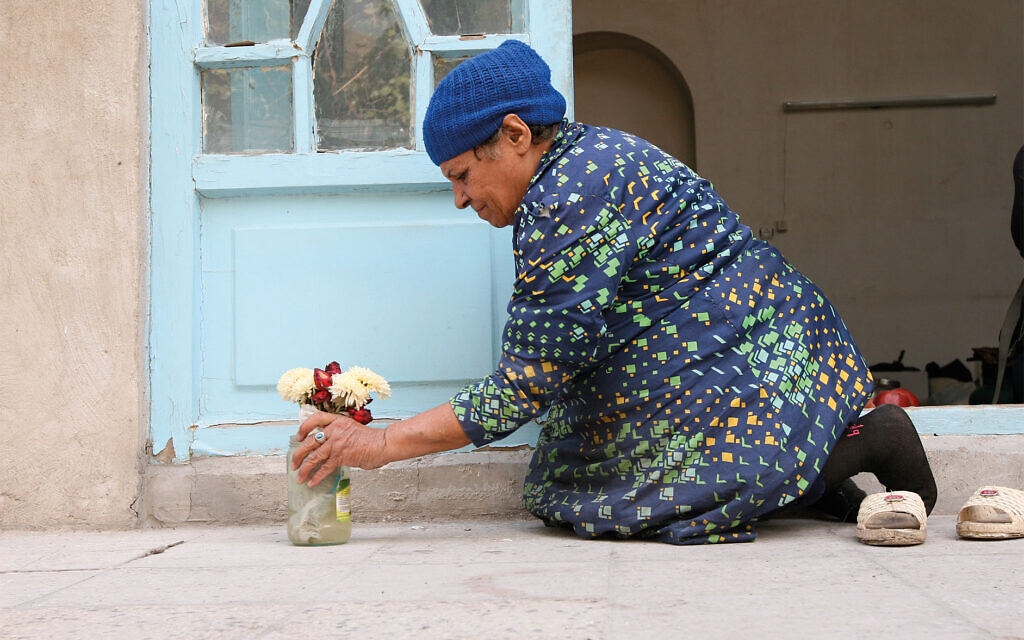
JTA — Jewish prayer in a mosque. Hookah smoke in a kosher kitchen. Hebrew school

Every Friday, my mother and her 11 brothers and sisters have lunch at my grandmother
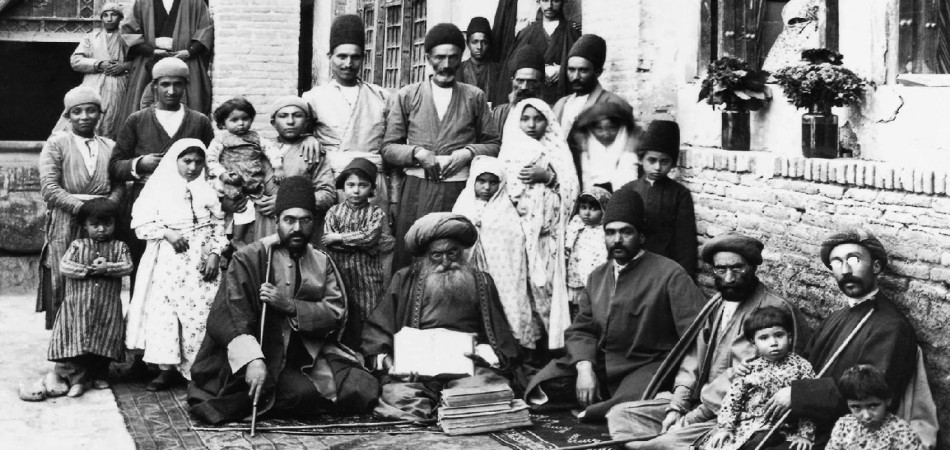
When I think about Israeli culture, I think of startups, I think of gorgeous museums

Music remembers much of what history has forgotten, says Canadian assistant Professor of Jewish